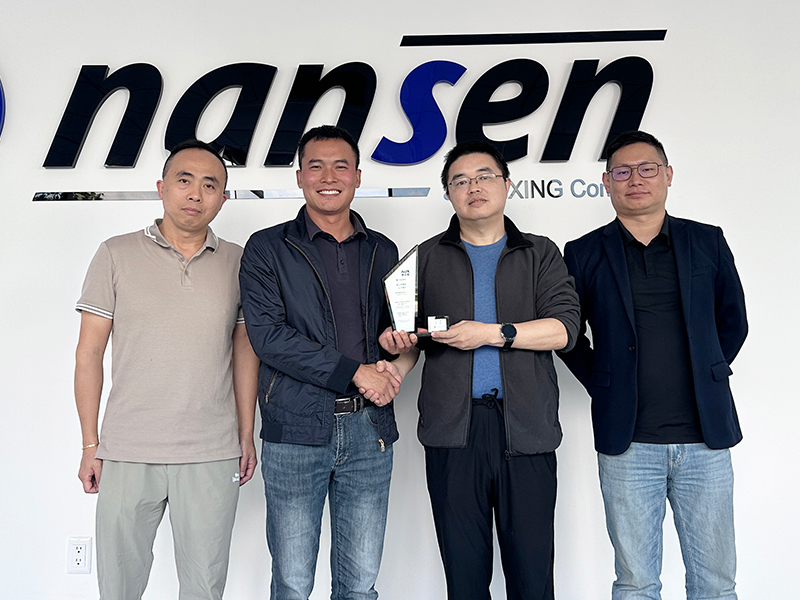The United States remains the world’s top investment destination, hosting over 60% of global venture capital deals in 2024. Its appeal extends beyond market size—boasting 343 million consumers with high purchasing power—to include robust intellectual property courts and globally recognized corporate governance standards. For foreign entrepreneurs, establishing a U.S. entity unlocks preferential access to cross-border payment ecosystems (e.g., Stripe, PayPal) and enhances credibility with partners worldwide .
Four-Phase Registration Roadmap
Phase 1: Structure Optimization
Choose between LLC (pass-through taxation, ideal for service-based SMEs) or C-Corp (investor-friendly equity structure). Non-resident founders often favor C-Corp due to simplified tax filing without requiring Individual Taxpayer Identification Numbers (ITIN) .
Phase 2: State Selection & Documentation
Delaware, Wyoming, and Nevada dominate registrations for their low franchise taxes and streamlined compliance. Submit Articles of Incorporation (C-Corp) or Articles of Organization (LLC) to the Secretary of State. Expedited processing (1-3 business days) costs 100–300 extra .
Phase 3: Post-Registration Essentials
Secure an Employer Identification Number (EIN) via IRS online portal (free, 24-hour issuance). Non-residents must appoint a registered agent with a physical U.S. address to receive legal notices .
Phase 4: Banking & Licensing
Major banks (e.g., Bank of America) require EIN, incorporation certificates, and director IDs. Industry-specific permits—such as FDA approvals for health products—must be obtained separately through state agencies .
Accelerate your U.S. launch with Jilian Group!








